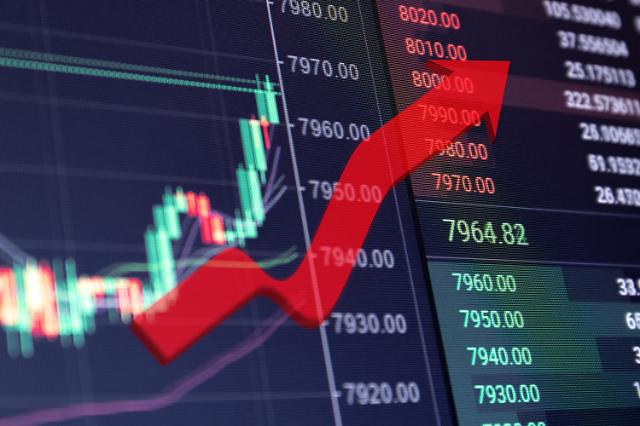Individuals bought 1.7 trillion won in three days, large stocks bought 3.9 trillion
In the new year, Samsung Electronics bought 2.4 trillion won and became the leading role of ‘90,000 Electronics’

[아주경제DB ]
While the KOSPI continued to rise and fall more than 100 points and ride the roller coaster, Samsung Electronics steadily maintained its upward trend and ended higher. Over 4 trillion won of investment was inflow due to Fearing Of Missing Out (FOMO) of individual investors who are worried about being alienated from the bull market, and Samsung Electronics settled in ‘90,000 electrons’.
According to the Korea Exchange on the 11th, Samsung Electronics finished trading at 91,000 won, up 2200 won (2.48%) compared to the previous trading day, but it rose to 9,6800 won during the day, showing a 9% rise. Samsung Electronics Woo also ended with an increase of 4.11% compared to the previous day. The KOSPI closed at 3148.45, down 3.73 points (0.12%) from the previous trading day. The KOSPI soared to 3266.23 during the intraday, but ended lower due to institutional sell-offs.
Samsung Electronics’ surge was due to individual investors. Individual investors started buying Samsung Electronics from the morning. During that day alone, it bought more than 1.7 trillion won of Samsung Electronics. During the day, the institution net sold Samsung Electronics for 1,255.3 billion won, while foreigners net sold 504 billion won. Since the new year, the ants’ passion for buying Samsung Electronics has been hot. Individual investors’ net purchase of KOSPI this year was 6,223.2 billion won, and only Samsung Electronics bought 3,793.2 billion won. The total proportion is more than half. On the contrary, in the new year, the institution sold Samsung Electronics 2,4138 billion won and foreigners net sold 1.493.5 billion won.
Looking at the recent buying patterns of individuals, it can be seen that the focus is on large stocks. On that day, KOSPI alone net bought 4,479.5 billion won, of which 3,924.9 billion won was concentrated in the KOSPI large stocks. On the other hand, institutions net sold 3,7376 billion won in securities alone, and net sold 3,3692 trillion won only in large stocks. Foreigners net sold 522.4 billion won in KOSPI large stocks alone.
Hang Seung-taek, head of the Hana Financial Investment Research Center, said, “The subject of the recent KOSPI bull market is definitely an individual investor, showing a tremendous buying trend.”
It is no exaggeration to say that individuals’ love for Samsung Electronics is’investment in anti-canvas’ style. They are buying with the idea that’large-cap stocks will not die (?)’. In anticipation of an economic recovery, large-cap stocks are expected to rise even more, so they started buying. On this day, individuals bought 1 trillion won worth in 10 minutes after opening, and have already surpassed 2 trillion won in net purchase in the morning. On this day, Hyundai Motor Company also showed a sharp rise, and when the news that Apple and Apple will jointly develop the’Apple Car’, an individual net purchased 166.6 billion won.
Also, in the case of Samsung Electronics, the possibility of a semiconductor supercycle and an increase in dividend income were positive. In the case of Samsung Electronics, as the likelihood of a supercycle in the semiconductor industry increased, the buying trend rapidly inflowed. Samsung Electronics’ operating profit consensus this year is forecast to reach 46,730 trillion won, up 30% compared to last year’s provisional operating profit (35 trillion won).
As a result, securities companies began a rally to raise their target price for Samsung Electronics. On this day, Mirae Asset Daewoo adjusted its target price from 76,000 won to 113,000 won, and Korea Investment & Securities adjusted its target price from 92,000 won to 120,000 won. Eugene Investment & Securities raised the target price of Samsung Electronics from 88,000 won to 110,000 won.
Seung-Woo Lee, a researcher at Eugene Investment & Securities, said, “We are raising the target price to KRW 110,000 in consideration of expectations such as overflowing liquidity and semiconductor supercycles.” He explained.
©’Five Languages Global Economic Daily’ Ajou Economics Prohibition of unauthorized reproduction and redistribution
